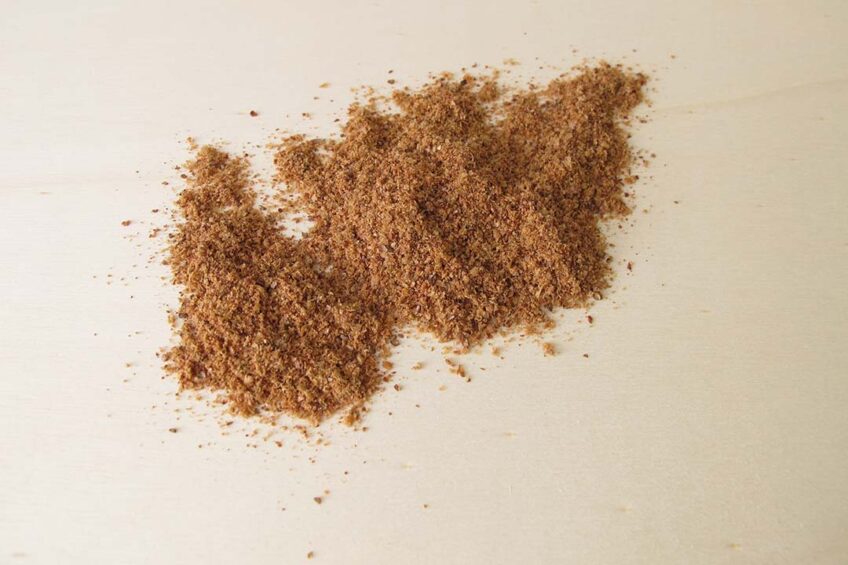Grape seed extract for better pork quality

The short-term addition of grape seed extract to the diets of finisher pigs promotes the transformation could be beneficial for pork quality.
Muscle fibre characteristics and composition affect pork quality indicators. Therefore, improving pork quality through the promotion of fast to slow muscle fibre type conversion using nutritional interventions is an active area of research. Grape seed extract may play a role in that process.
A team of researchers, attached to Sichuan Agricultural University in China delved into this. They published about their findings in an article in the journal Meat Science that was published in April 2024. They evaluated the impact of dietary supplementation of grape seed extract on pork quality and muscle fibre type transformation.
Data collection
The team selected 18 healthy castrated male pigs for this trial that lasted 30 days. They divided the pigs into 3 groups:
Control group that received a basal diet;
Experimental group 1 that received a basal diet plus 100 mg/kg grape seed extract; and
Experimental group 2 that received a basal diet plus 200 mg/kg grape seed extract.
The researchers recorded average daily gain, average daily feed intake, and feed-to-gain ratio. At the slaughterhouse, they collected muscle samples from the carcasses for further examination.
Effect on growth performance
The researchers found that supplying 100 mg/kg grape seed extract reduced the first rib backfat depth, average backfat depth, abdominal fat and abdominal fat index. When supplying 200 mg/kg grape seed extract, they found a decreased average backfat depth, abdominal fat and abdominal fat index, accompanied by an increase in loin eye area. Feeding grape seed extract had no significant impact on growth performance, carcass weight, dressing percentage and carcass length of finishing pigs.
Impact on pork quality
Supplying 100 mg/kg grape seed extract increased pork redness compared to the control group. Furthermore, supplying 200 mg/kg grape seed extract decreased pork yellowness and shear force. No significant impact was found on the chemical composition of muscle.
Impact on muscle fibre characteristics
Supplying 200 mg/kg grape seed extract increased the expression level of slow myosin heavy chain protein in the muscle of finishing pigs. On the contrary, supplying 100 mg/kg grape seed extract reduced the expression level of fast myosin heavy chain protein in the muscle of finishing pigs.
Conclusions
The authors concluded that the short-term addition of grape seed extract to the finishing pigs’ diet promotes the transformation of skeletal muscle fibre type from fast-twitch to slow-twitch, improves pork quality, thus reducing the cost of pork production.











